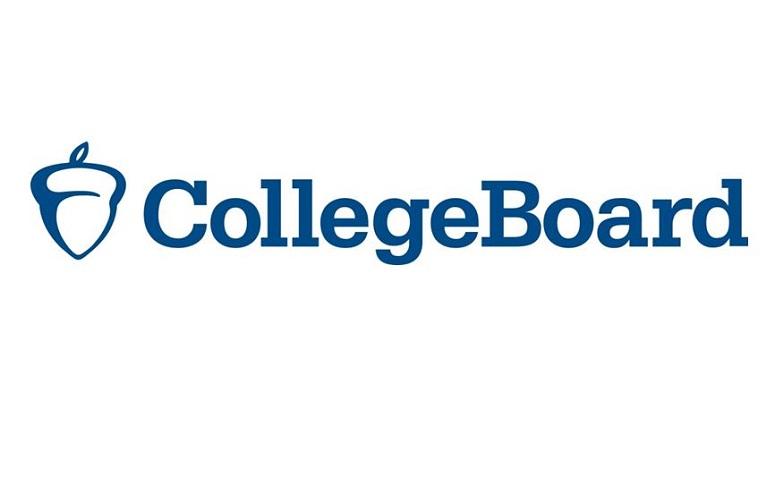A False Measure of Success
Take a moment to picture what your own personal success looks like. Think about the qualities you might possess. You may work very hard, excel in class, be an amazing athlete, or maybe you are a creative artist or musician. Everyone is going to have a different view of what success looks like to them. Likewise, everyone is successful in their own way because no two people are the same. Due to this fact, current circumstances for students may need to be reconsidered.
Let’s think specifically about junior year. It’s the time where students are given the opportunity to prepare for college readiness exams. The SAT and the ACT are two tests given to students in order for colleges to help assess where students stand, to act as a predictor of success at the college level, and to award scholarships to individuals who do exceedingly well on them. These tests consist of multiple subjects which include math, reading, and writing (the ACT has an extra dedicated science section; SAT tests have an optional written exam). After students take these exams, their scores are sent to various colleges which are then observed and compared to the scores of other students looking to apply. Colleges mainly look at the students who have scored well for acceptance and reward opportunities, while those with less fortunate results are often overlooked.
This is where the problem strikes. If we go back to the topic of success, we discussed that everyone’s success is different. Based on this fact, everyone’s success can’t be measured in the exact same way through a standardized test. A person could have more of a creative outlook on things, which makes them succeed in that field. Another person could be a wonderful student that gets great grades, but fails to do well in a timed test situation.
Several celebrities illustrate just how limited these tests can be at predicting future success. Peyton Manning, for example, is considered one of the greatest quarterbacks of all time. He is most recognized for being perhaps the smartest quarterback and more knowledgeable than everyone he played against, but his SAT score was a paltry 1030. It’s a good thing the University of Tennessee took a chance on this “less than perfect” high school student.
If everyone’s success is to be measured in one way, there will be no diversity in what one has to offer and accomplish. Sometimes what people have to offer cannot be uncovered by doing well on a math or english exam. Sometimes things have to be uncovered a different way.
Take this for example; there could be a student who is seeking a major in the arts. When this individual is given the SAT or ACT, they could excel on the reading and writing portion because they may be more creatively minded, and do poorly on the math because their brain doesn’t function as successfully in that way. Everyone’s brain is different, so why give them the same test?
While there are other ways colleges assess their candidates for opportunities, such as essay writing, sports, and extracurriculars, there are not nearly enough ways students are able to demonstrate their full potential. Students should not be forced to fit into boxes they aren’t made to be placed in, in the first place. There needs to be more rewards for things other than exams, There needs to be more opportunity for uniqueness.
Speaking from personal experience, I have always made school a top priority. I try to stay invested in my classes, have a good relationship with my teachers and peers, and get the best grades I possibly can, which puts my GPA in good standing. Standardized tests, however, are not my thing, and I was not happy with the scores that I received.
I believe that student’s potential for success should be based on personality, talent, and skills; not based on a score. I also believe that if this were to be made more of a frequent thing, more students would choose to go to college. For some, poor testing results might turn them away from applying anywhere for college or for scholarships that might help them pay for college. However, if what is more important is considered first above all else, we may start to see a more successful and creative society.

She is currently a senior and it's her third year in Digital Communications. She has developed a huge passion for writing over the past few years by being an editor and a journalist. She appreciates...







